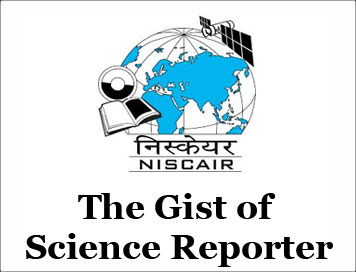(FREE) UPSC Current Affairs 2025 PDF
NEW! The Gist (MAY-2025) | E-BOOKS
(GIST OF SCIENCE REPORTER) ROSS BLOOD TRANSPLANT AND BOMBAY BLOOD GROUP
(GIST OF SCIENCE REPORTER) ROSS BLOOD TRANSPLANT AND BOMBAY BLOOD GROUP
(MARCH-2025)
ROSS BLOOD TRANSPLANT AND BOMBAY BLOOD GROUP
-
Recently, India’s first kidney transplant for a patient with the rare ‘Bombay’ blood group was successfully performed in Mumbai.
Key Details
-
Cross-blood transplant: Transplanting an organ from a donor with an incompatible blood group to a recipient is known as a cross-blood transplant.
-
Antibodies are used by the body to detect and neutralise foreign bodies, while antigens are proteins or carbohydrates found on the surface of red blood cells, white blood cells, and platelets, and they determine blood type.
-
There are chances of hyperacute rejection if cross-blood transplant is performed as anti-H antibodies are more potent than anti-A or anti-B antibodies.
-
Thus, doctors performed plasmapheresis (it filters blood and removes antibodies, thus lowering chances of rejection). This was combined with immunosuppressive IVIG [intravenous immunoglobulin] to further suppress antibodies, thereby preventing hyperacute rejection of the organ.
The Bombay blood group
-
The uncommon Bombay blood group, often known as HH, was initially identified in 1952 by Y.M. Bhende in Mumbai.
-
As the basic component of the ABO blood group system, the presence (or lack thereof) of the H antigen is the primary distinction between the Bombay blood group and the common ABO blood types.
-
In normal individuals, the H antigen serves as the base structure for building A and B antigens. Because the gene that produces the H antigen is either lacking or altered in people with the Bombay blood type, neither the A nor B antigens can be formed.
-
Therefore, these people cannot receive blood transfusions from any ABO group, including type O, which has the H antigen.
-
They can only receive blood from another Bombay blood group donor.
-
It is present in around 0.0004% (one in four million) of the world’s population.
-
Even if the odds are one in 10,000 in Mumbai for the Bombay blood group, finding a donor is still a difficult task.
CLICK HERE TO DOWNLOAD FULL PDF
CLICK HERE TO DOWNLOAD UPSC E-BOOKS
Study Material for UPSC General Studies Pre Cum Mains
Get The Gist 1 Year Subscription Online
Click Here to Download More Free Sample Material
<<Go Back To Main Page
Courtesy: Science Reporter



